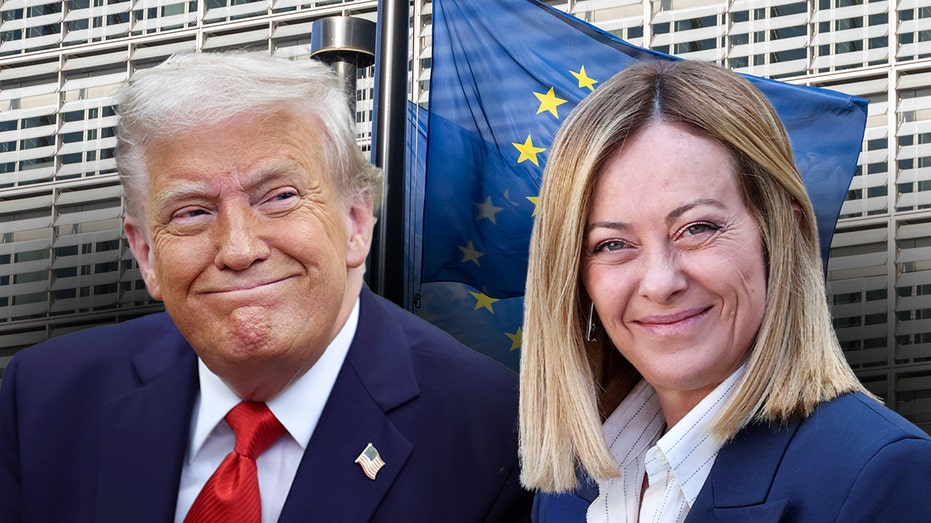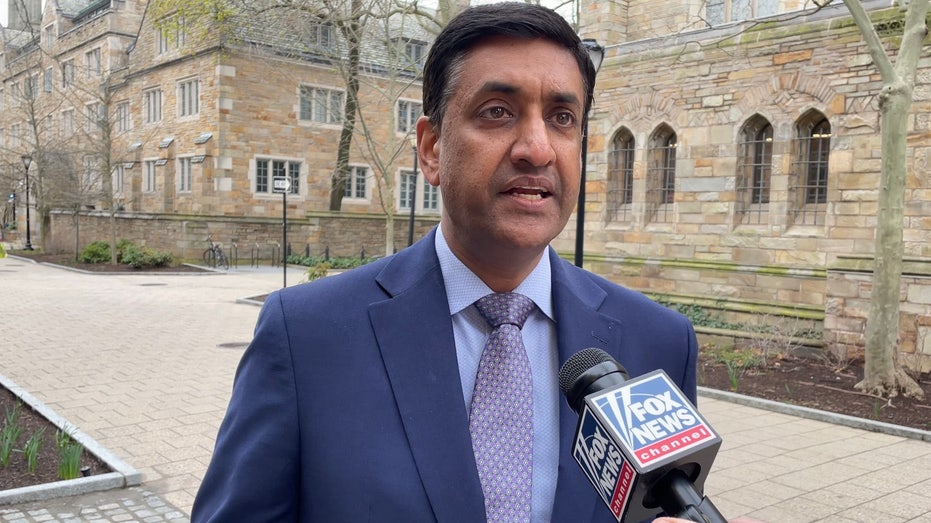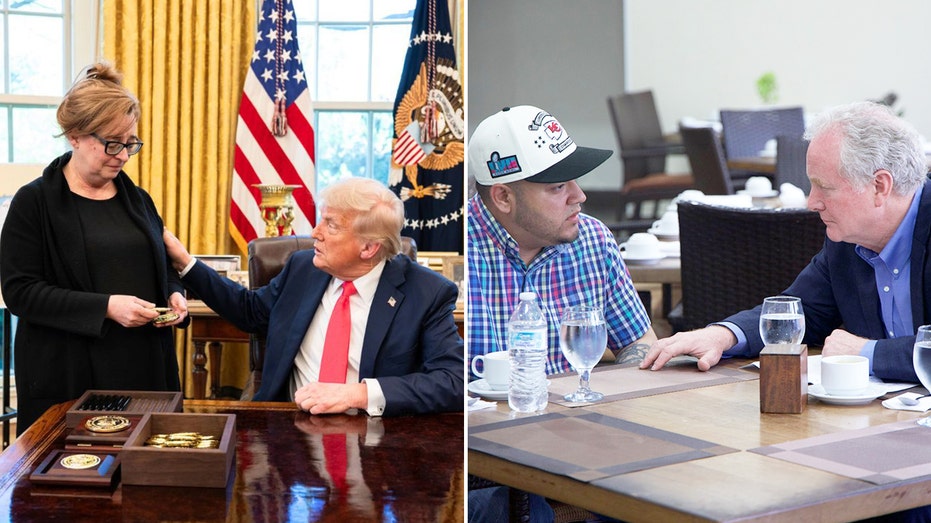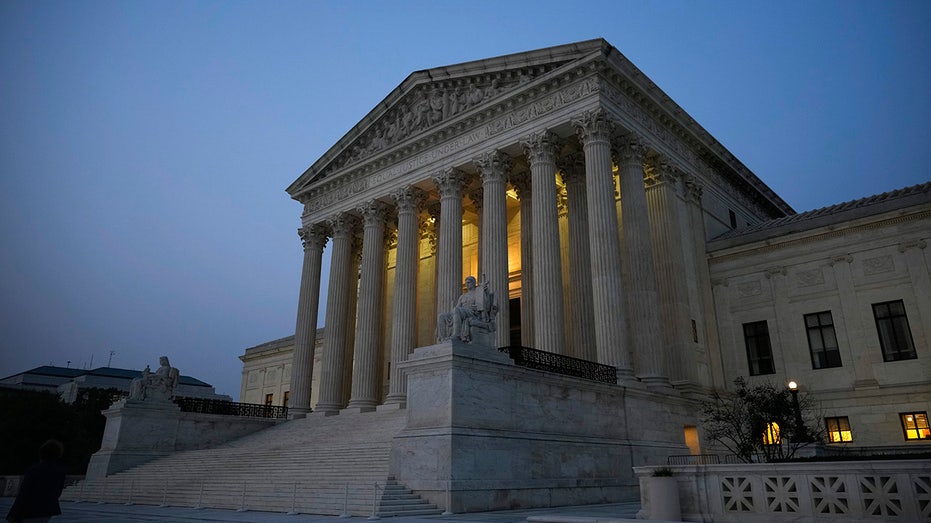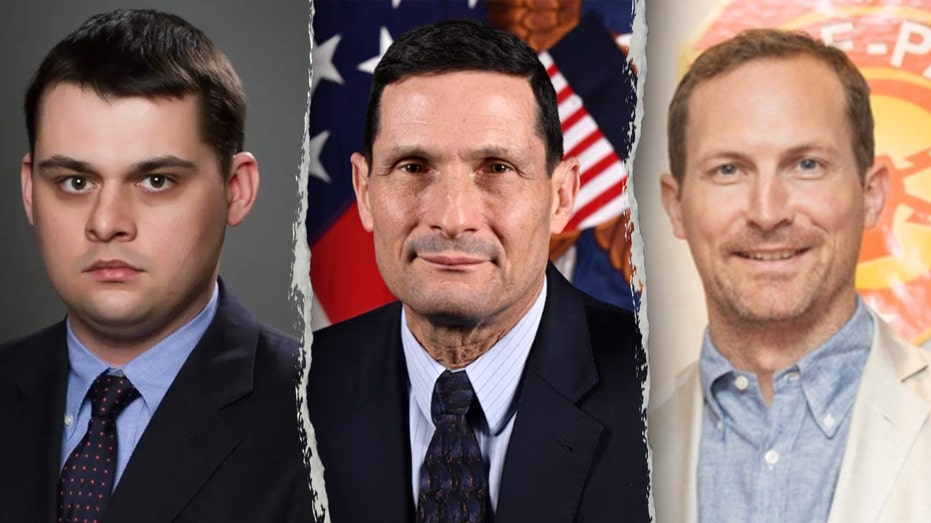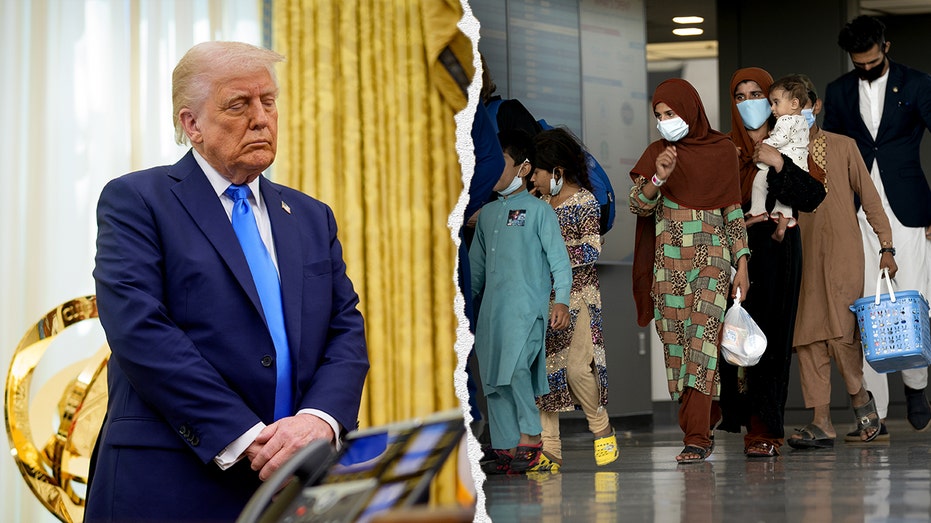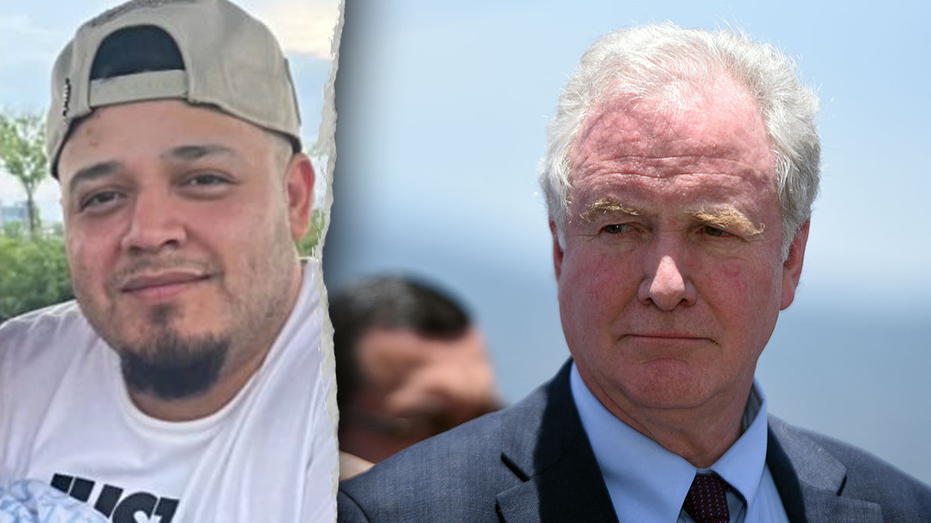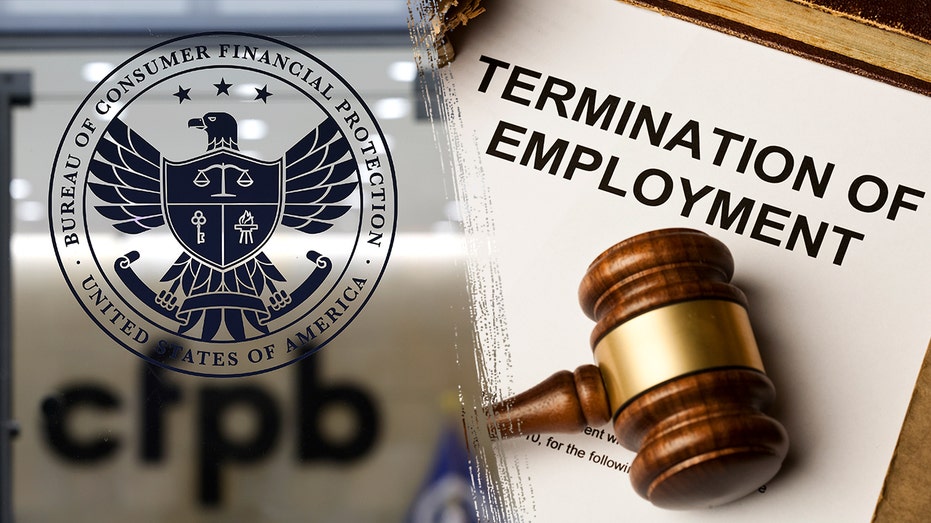Here’s what happened during Trump’s 13th week in office
President Donald Trump met with foreign leaders from El Salvador and Italy this week, advancing negotiations on both trade and immigration issues at the White House.
Italian Prime Minister Giorgia Meloni visited Washington during a pause in steep tariffs against the European Union and other countries that could go into effect in June. But both Trump and Meloni voiced optimism that the two countries would secure a deal before then.
"There will be a trade deal, 100%," Trump told reporters at the White House Thursday. "Of course there will be a trade deal, they want to make one very much, and we’re going to make a trade deal. I fully expect it, but it’ll be a fair deal."
ITALY'S MELONI GOES TO WASHINGTON FOR TARIFF HUDDLE WITH TRUMP
When asked whether she still considered the U.S. a reliable trading partner due to changes related to tariff policy, Meloni said that she wouldn’t have made the trek to the White House unless it were so. Meloni said her objective for the trip was to invite Trump to meetings on behalf of Italy and Europe to foster a trade negotiation between the two states.
"I think the best way is that we simply speak frankly about the needs that every one of us has and find ourselves in the middle for that's useful for all," Meloni told reporters Thursday.
Meanwhile, Vice President JD Vance met with Meloni Friday in Rome to continue discussing economic policies between the two countries.
Here’s what also happened this week:
Trump kicked off the week meeting with El Salvador President Nayib Bukele Monday, launching a debate about whether El Salvador should return Maryland resident Kilmar Abrego-Garcia after he was deported there.
On Monday, Trump administration officials and Bukele agreed that they didn't have the authority to return Abrego-Garcia to the U.S., even though the Trump administration admitted in court filings that he was deported in an "administrative error." Even so, the Trump administration has accused Abrego-Garcia of being a member of the MS-13 gang, a designated terrorist group.
Meanwhile, the Supreme Court upheld in April a lower court's order that "requires the government to 'facilitate' Abrego Garcia's release from custody in El Salvador and to ensure that his case is handled as it would have been had he not been improperly sent to El Salvador."
While Attorney General Pam Bondi told reporters Monday that El Salvador would call the final shots on whether it would return Abrego-Garcia, Bukele said it was "preposterous" for El Salvador to do so.
"How can I smuggle a terrorist into the U.S.? I don't have the power to return him to the United States," Bukele said.
Additionally, the Justice Department unveiled documents Wednesday detailing domestic violence allegations that Abrego-Garcia’s wife, Jennifer Vasquez, included in a court filing in 2021. Vasquez alleged in the filing that Garcia beat her and that she had documentation of the bruises he left on her.
The Trump administration also continued to go after federal funding at higher education institutions.
After Harvard refused to comply with a series of requests from the Trump administration to reform various practices on campus, the administration revealed Monday that it would freeze more than $2 billion in federal funding for the institution.
Harvard University President Alan M. Garber said in a Monday statement that the Trump administration included additional requests unrelated to tackling antisemitism on campus. As a result, Garber said the institution would not bend to those requests, claiming they were unconstitutional.
Garber said the new requests "direct governmental regulation of the ‘intellectual conditions’ at Harvard," including auditing viewpoints of student, faculty and staff members on campus, and eliminating all diversity, equity and inclusion (DEI) programs, offices and initiatives at Harvard.
"It makes clear that the intention is not to work with us to address antisemitism in a cooperative and constructive manner," Garber said. "We have informed the administration through our legal counsel that we will not accept their proposed agreement."
Trump also signed an executive order Tuesday seeking to combat soaring prescription drug prices.
The directive instructs Robert F. Kennedy Jr.'s Department of Health and Human Services (HHS) to standardize Medicare payments for prescription drugs, including those used for cancer patients, no matter where a patient receives treatment. This could lower prices for patients by as much as 60%, according to a White House fact sheet.
The order also includes a provision to match the Medicare payment for certain prescription drugs to the price that hospitals pay for those drugs. That amounts to up to 35% lower than what the government pays to acquire those medications, the White House said.
Drug prices have significantly risen in recent years. Between January 2022 and January 2023, prescription drug prices rose more than 15% and reached an average of $590 per drug product, according to the Department of Health and Human Services. Of the 4,200 prescription drugs included on that list, 46% of the price increases exceeded the rate of inflation.
